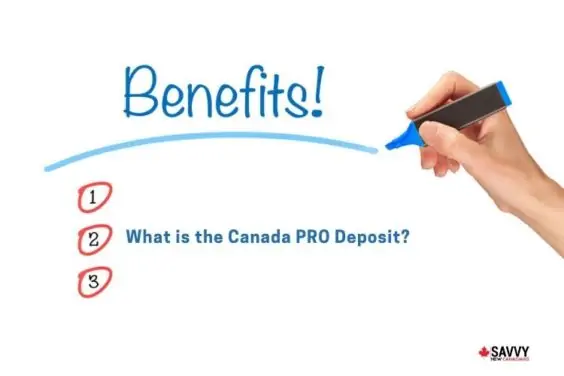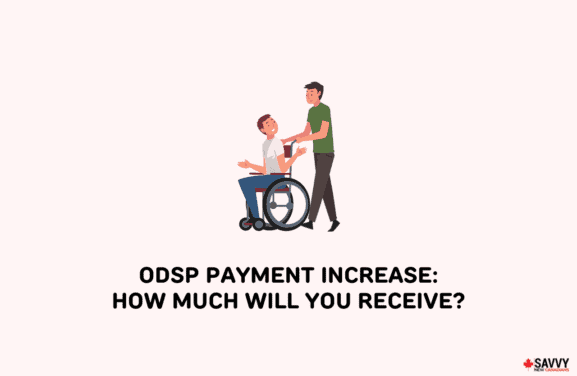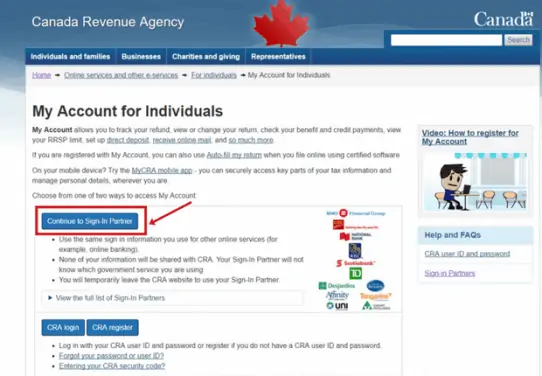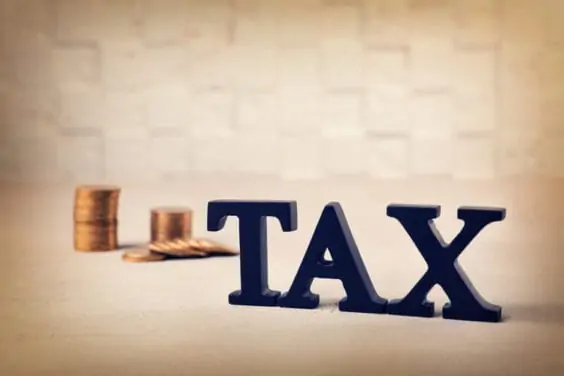Key Takeaways
- Canada does not have a universal basic income (UBI).
- If UBI is implemented, it will provide unconditional monthly cash transfers for every Canadian.
- Universal basic income experiments were conducted in Canada in the 70s, and more recently in 2017, but they were discontinued.
- Data collected from the unfinished experiments showed increased high school graduation rates and improved habits and mental health.
Universal basic income is an unconditional cash payment that the government gives all its citizens, regardless of employment or income status.
If implemented, it would reduce poverty and income inequality in Canada. But its implementation presents several issues, with cost being the primary one.
Read on to find out more about universal basic income, the experiments conducted on it, who benefits from it, and its pros and cons.
What is Universal Basic Income?
Universal basic income (UBI) is a system wherein the government provides regular, unconditional cash payments to all citizens regardless of employment status or income level.
It aims to reduce poverty, minimize inequality in income, incentivize entrepreneurship, and help improve the economy. Its goal is to ensure every Canadian can afford the basic needs of life.
Does Canada Have Universal Basic Income?
At present, Canada does not have a universal basic income.
One reason why the country has yet to implement it is that it is a complicated problem, with some deeming that resolving poverty through regular government cheques is unrealistic.
Aside from being regarded as a band-aid solution to underlying problems, some perceive the program will cause a decline in the number of Canadians in the workforce.
Another reason for its non-implementation is that the program is expensive. Providing basic income for nearly all Canadians could cost about $98 billion in just six months.
Who Would Qualify For Universal Basic Income in Canada?
All Canadian citizens would qualify for universal basic income, whether they live below the poverty line or are considered affluent.
There is, however, a threshold wherein Canadians who earn a specific income would be required to repay the benefit when they file their income taxes.
Universal Basic Income Canada Experiments
Two universal basic income Canada experiments were started, but both were scrapped before researchers could collect enough data.
Here is a basic overview of the UBI experiments conducted in the country.
The Mincome Experiment in Manitoba
A universal basic income pilot project called Mincome (short for Minimum Income) was held between 1974 and 1979 in Winnipeg and Dauphin, Manitoba.
The experiment focused on low-income individuals and families and provided them with a guaranteed annual income based on family size and income level.
Their benefit payments were reduced by 50 cents for every dollar they earned through employment.
The goal was to explore how a guaranteed annual income can influence poverty reduction, social welfare, and work incentives.
Although the federal government stopped the experiment in 1979 without definitive conclusions about universal basic income, it showed positive outcomes.
The experiment brought on an increase in high school graduation rates and a decrease in mental hospitalizations, smoking and drinking among adult participants.
The Ontario Basic Income Pilot
A more recent UBI experiment took place in 2017 in Ontario. It was called the Ontario Basic Income Pilot.
Its objective was to test a developing view that basic income could offer a novel approach to minimizing poverty in a viable manner.
The program targeted 4,000 low-income people from Hamilton, Thunder Bay and Lindsay who received monthly basic income payments for three years.
Single individuals received up to $16,989 per year, couples received up to $24,027, and people with disabilities received an additional $6,000 per year.
As with Mincome, there was a reduction in benefits by 50 cents for every dollar they earned as employees.
The experiment, however, was terminated by a newly-elected provincial government after just one year. Though limited, the collected data showed positive results in the participants’ lives.
The benefit recipients reported better mental health, reduced stress, healthier eating habits, and improved opportunities to pursue education and better job prospects.
What Countries Have Universal Basic Income?
While no country has fully implemented universal basic income, many have launched pilot programs comparable to UBI.
Below are some countries with ongoing or stopped programs more or less similar to UBI.
| Country | Notable UBI Program | Type of Program | Start Date | End Date | Details |
| United States | Alaska Permanent Fund | Pilot | 1982 | Ongoing | Provides Alaskans with a portion of the state’s oil and gas revenues, estimated to be about $1,000 to $2,000 per year |
| United Kingdom | UBI program in Wales | Pilot | 2022 | 2025 | Wales will give people over 18 £1,600 (US$2,175) per month for up to two years, then compare their overall health to those who do not receive the benefit. |
| Iran | Subsidy reform plan | Full | 2010 | 2016 | The government issued small monthly grants to about 90% of Iranians. The plan to implement was scrapped. |
| Finland | Trial program | Pilot | 2016 | 2018 | The program gave monthly grants to 2,000 unemployed adults. Parliament stopped funding in 2018. |
Pros and Cons of Universal Basic Income
The following are the advantages and disadvantages of a universal basic income:
Pros:
- Reduces poverty and income inequality
- Improves physical and mental health
- Leads to positive job growth
- Lowers school dropout rates
- Guarantees income for non-working parents and caregivers
Cons:
- Too expensive to implement
- It would require higher taxes and spending cuts to provide funding for the program.
- It would take money from the poor people and give it to everyone.
- It may remove the incentive to work, which would affect the economy.
Government Grants and Assistance To Help Low-Income Families
Even though Canada has not yet implemented universal basic income despite years of discussion and experimentation, it does have several programs targeted at helping low-income earners.
Some of these government assistance programs include:
- Canada Workers Benefit (CWB). This is a refundable tax credit that extends assistance to individuals and families earning low incomes. It includes a basic amount and a disability supplement.
- Employment Insurance (EI). This is a benefit program for Canadian workers currently unemployed due to no fault of their own and who are actively seeking work.
- Canada Child Benefit (CCB). This is a refundable tax-free monthly payment for eligible families with children below 18. It assists them with child-related expenses.
- Guaranteed Income Supplement (GIS). GIS is a monthly payment given to eligible Canadians aged 65 or older who receive the Old Age Security (OAS) pension and have an income below the maximum annual income threshold.
- GST/HST Credit. The goods and services tax/harmonized sales tax (GST/HST) credit is a tax-free quarterly benefit issued by the Canada Revenue Agency. It helps those with low and modest incomes offset the GST and HST they pay.
To be eligible to receive these benefits, recipients must meet specific requirements.
FAQs
Many political parties have discussed universal basic income, but Canada is not yet ready to implement UBI as more studies are needed and must be completed to determine its viability. For some people, another major issue hindering its implementation is cost. It would require the government to increase revenues by a vast amount to be able to provide unconditional benefits to every single Canadian.
No basic income amount in Canada is available for now as the government has yet to implement a basic income program. The federal programs considered comparable to basic income are the Old Age Security (OAS) and the Guaranteed Income Supplement (GIS). These two programs helped reduce poverty and insecurity among seniors.
The Canadian government is giving an extra tax-free $500 benefit to nearly 2 million eligible, low-income renters to help them make ends meet. The one-time top-up from Canada Housing Benefit is available to applicants with a net income below $20,000 for single individuals or $35,000 for families who pay at least 30% of their income towards rent.
The poverty line in Canada, or the low-income cut-offs (LICOs), after tax, for a single person in 2023 is $27,514. In comparison, the LICOs for a single person in 2021 in an urban area with a population of 500,000 was $22,801 and $17,070 for a single person in an area with a population under 30,000.



